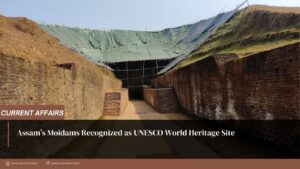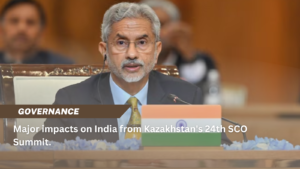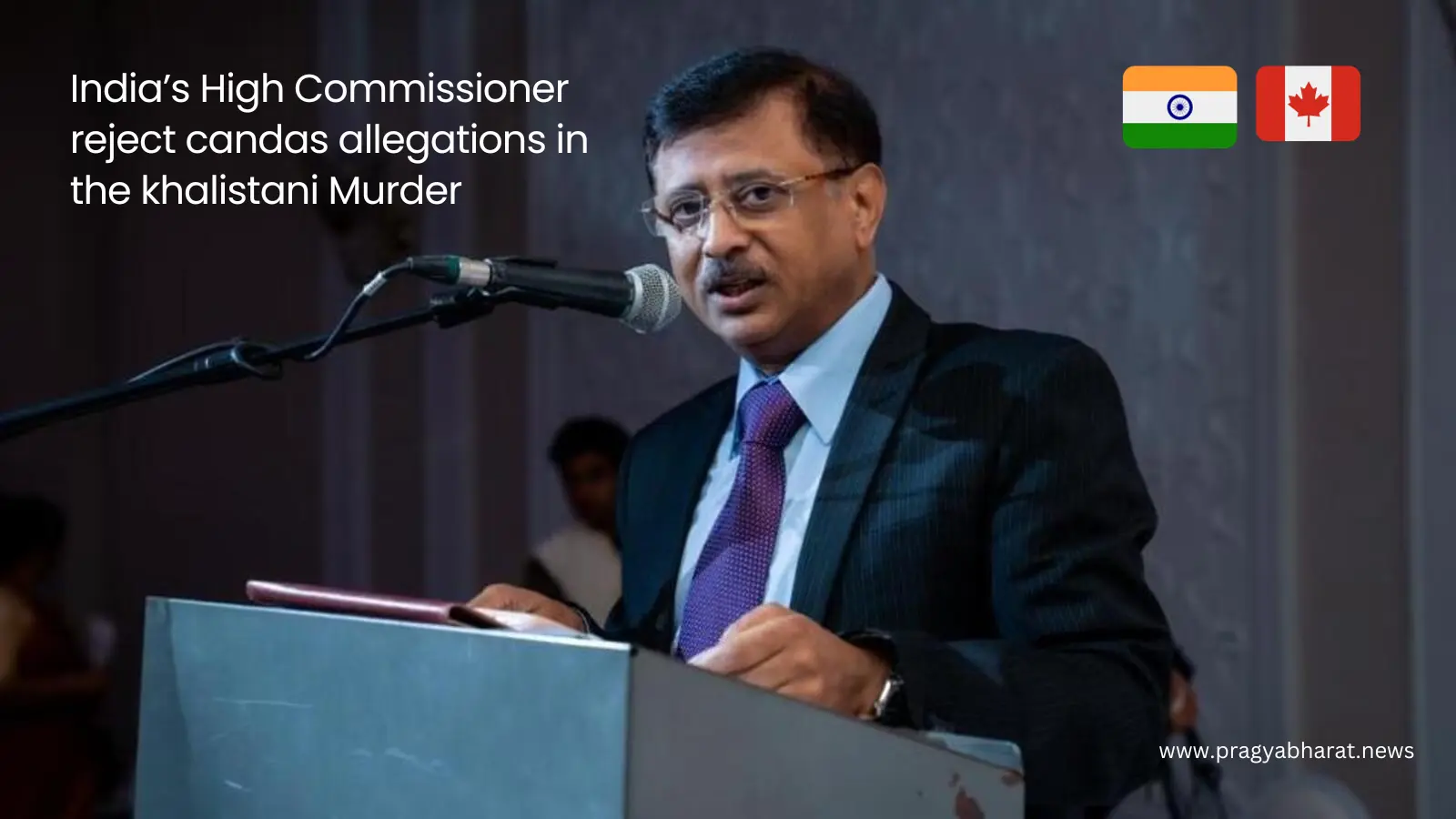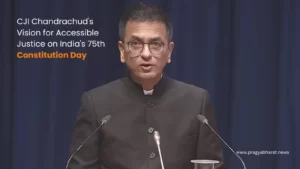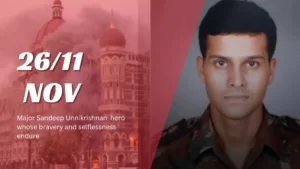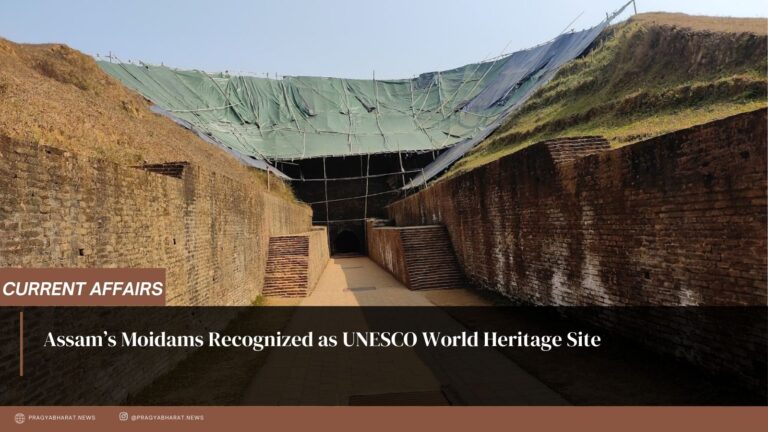As tensions over the passing of Khalistani separatist Hardeep Singh Nijjar escalate, India’s envoy to Canada refutes Canada’s charges in an exclusive interview, highlighting the rule of law and transparency.
The strained relations between India and Canada were further highlighted when India’s High Commissioner to Canada, Sanjay Kumar Verma, vehemently denied any involvement in the killing of Khalistani separatist Hardeep Singh Nijjar in a recent interview with CTV News. The charges, which came from Canadian Prime Minister Justin Trudeau in September, implied that Indian spies may have caused Nijjar’s untimely death in British Columbia on June 18. In 2020, India classified Nijjar as a terrorist, but the Indian government fiercely denied Trudeau’s allegations, calling them “absurd” and “motivated.”
Speaking with the interviewer, Mr. Verma expressed his dismay over what he considered an Ottawa conviction that was made too soon before a full investigation was finished. He challenged the legitimacy of the rule of law, pointing out that cooperation should not be based on demands for coercion but on specific and pertinent information. Mr. Verma emphasized India’s adherence to the rule of law and constitutional principles while asserting that India was “absolutely” and “decidedly” not involved in the killing.
In the context of the Sikh separatist movement, the interview clarified India’s primary concern, which is the purported use of Canadian territory by certain citizens to launch attacks against India’s sovereignty and territorial integrity. Mr. Verma brought attention to the activities of people who, according to allegations made by them, have a Khalistani mindset in Canada and are involved in illegal activities like drug and arms trafficking as well as human trafficking in India. Asserting the security concerns for Indian diplomats and officials stationed in Canada, the High Commissioner highlighted the transnational implications of these activities.
Speaking about the possible threat that Sikh separatists could pose, Mr. Verma defended the position of his government and provided evidence to the Canadian government via Interpol. These records, which included red corner notices, sought to demonstrate the Sikh separatists’ affiliation with illegal activity in both Canada and the United States. Even though he acknowledged that the two governments were still in communication and Canadians could now apply for visas online, Mr. Verma emphasized the need for an impartial and open investigation process. He expressed optimism that future bilateral relations would improve.
The ability of both countries to handle the complexities surrounding these allegations will determine how resilient India-Canada relations are as this diplomatic drama plays out. There is hope for a resolution that could lead to more amicable relations between the two nations because of the commitment to constructive dialogue. It remains to be seen if the current talks will result in a thawing of the diplomatic deadlock or if these tensions will continue to shape the future course of India-Canada relations.





